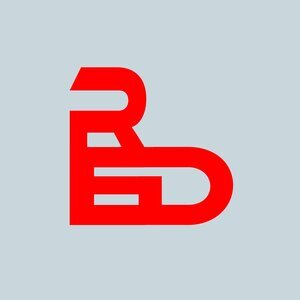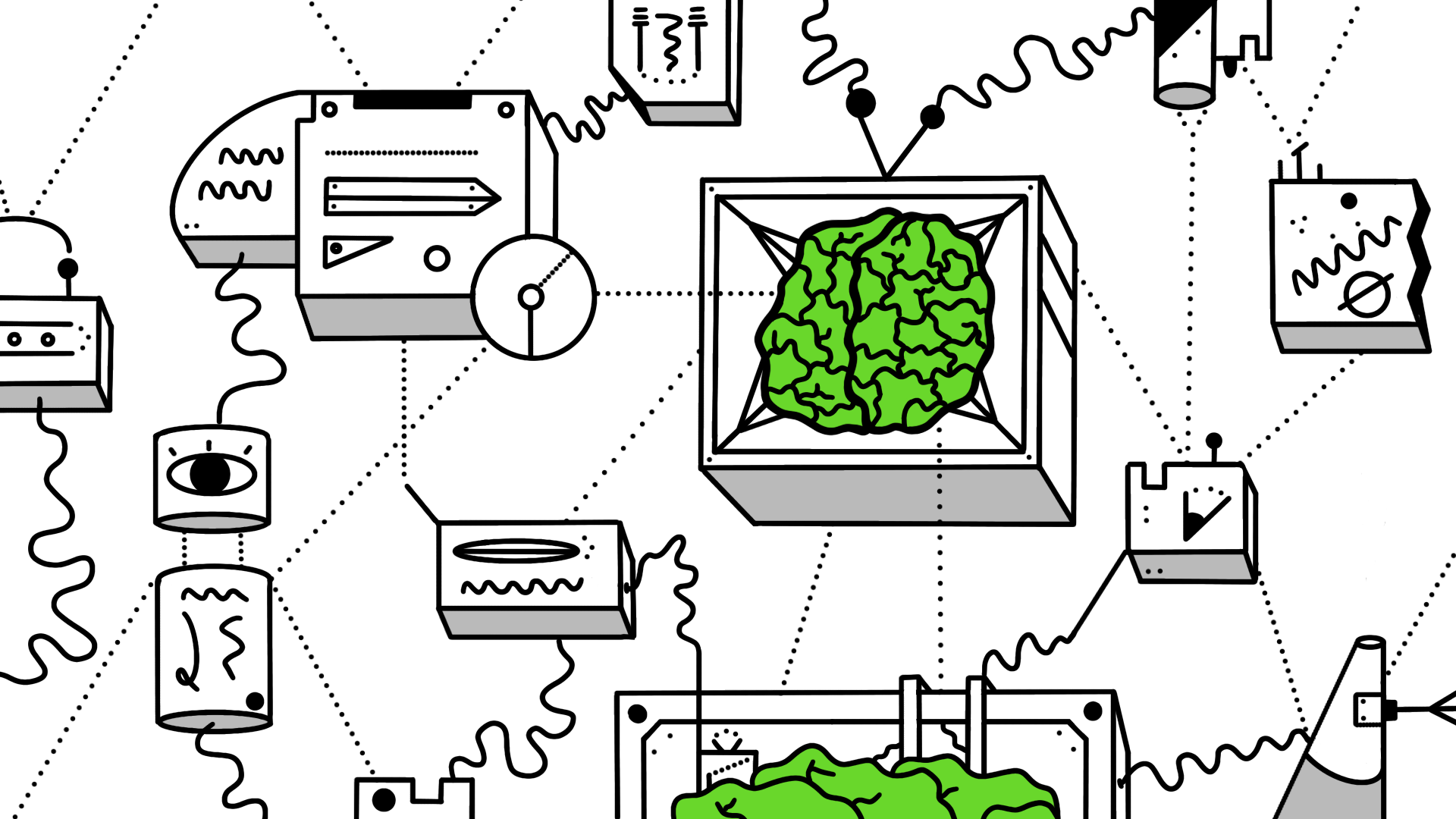The dangers and benefits of technology have always presented a double-edge sword from the days of dial-up to 5G. From AIM to Twitter to Facetime, the internet's impact on mental health goes well beyond the confines of social media. A new wave, or rather, a sudden tsunami has changed the way humans not only interact with each other but introspectively as well - and this is on a global scale.
The most notable effects of "too much internet time" are discussed primarily in regards to children, teenagers and young adults. Their brains are far more malleable and so their development hindered by the likes of cyber-bullying, gaming addiction, anti-social behavior, status obsession and so forth. But the dangers of the information age, as we're learning the hard way, can manipulate even a well-educated adult and send them spiraling into information overload with near damaging mental health repercussions. In short, no one is safe. The beauty of humans, however, is our ability to adapt.
Notion.so, an all-in-one productivity program, alongside efficiency systems, can part the information sea in more ways than one.
Let's find a way out of this mess shall we? No, the digital age doesn't have to be the foundation of a brewing anti-truth apocalypse scenario. In fact, it never really should have been right? More information = more knowledge. At least, that's what's assumed. Really, more information from trustworthy sources = more accurate knowledge. But what constitutes a trustworthy source?
That's the rub. Who do you trust? Let's look at a time before the internet for an answer ...
Commonly understood as trustworthy people (outer circle)
Most well-received authors
Non-controversial public figures
News anchors
Teachers and scholars
Innovators & highly-experienced professionals
Commonly understood as trustworthy people (inner circle)
Family and close friends
Mentors
Elders
A dose of manipulation in the pubescent, rocky stage of the digital age has compromised a large majority of what we once considered trustworthy. Now we're convinced that well-received authors are reaching for political sides despite non-political subject matter, all public figures have a dirty past, news anchors are biased and run disinformation campaigns for the benefit of their political affiliations, teachers and scholars are elitists and don't understand the plight of the common man, innovators are money hungry, highly-experienced professionals are deep state agents or, again, money hungry.
The inner circle deterioration is no different. Family and friends with opposing ideologies are blocked on social media and side-eyed at holidays, mentors are no longer around (replaced by public figures online), and elders ... well, they just can't keep up.
The individual is left alone to wade through the information jungle with blinders on. The human brain must perform through a vacuum, a tunnel-vision trajectory, left to its own values, beliefs and custom decision-making systems. Are we able to push into this era without losing our minds? Yes. Apps like Notion and the budding second brain phenomena is a viable coping mechanism for those unable to disconnect from our digital reality (good for you if you can).
Set up a doorman for your brain's input and place trust in the hands of your own intuition.
How To Build A Second Brain
Information overload isn't necessarily a bad thing if you can keep it under control, and even better, if you can connect all the fragments of information together like a web of neurons:
“Neurons (also called neurones or nerve cells) are the fundamental units of the brain and nervous system, the cells responsible for receiving sensory input from the external world, for sending motor commands to our muscles, and for transforming and relaying the electrical signals at every step in between” - (University of Queensland)
The C.O.D.E System
Everything in your second brain will fit into this system:
Collect (all information from the web or otherwise collected into organized databases or tagged lists)
Organize (the P.A.R.A system):
Projects (with deadlines)
Areas (without deadlines and maintained over time)
Resources (ongoing areas of interest)
Archive (complete and/or inactiveness from previous compartments).
More about P.A.R.A
Distill (retain information gathered through effective note-taking and summarization)
Express (recycle the factual knowledge you learn back into the information pool)
The last step in the C.O.D.E system is optional in my opinion, however, it is highly recommended.
Building confidence in your ability to understand foreign concepts and trusting the information you receive through careful personal vetting is powerful. It isn't everyone's cup of tea but life learners like myself thoroughly enjoy the era I’m living in with free knowledge at the click of a trackpad. Entrepreneurs, freelancers and creators that rely on online presence for their career aren't the only people that can benefit from this system. I believe anyone who consumes content online, outside knowledge from the classroom or otherwise can gain mental clarity from using this system.
Create A Second Brain That Works For You In Notion
With that being said I'm going to make a contradictory statement. I'm all about doing what works for you, thus any "system" as a result turns me away. Even so, what I like about the Second Brain is that it leaves several open-ended components for the individual to customize. Similarly, Notion.so offers a sandbox foundation for such a system to thrive.
A second brain sounds complicated. The word system distorts the simplicity of its objective. In fact it's designed to make life easier. You are the rules you set. The system adapts to your lifestyle. Here are some recommendations to get started:
Create a dashboard (and make it simple): Use the CODE and PARA system as outlined above
Use a color code method inside each page
Most important of all: DO NOT PLAN before taking action. Take action, collect, consume and repeat for a short time - get familiar with the way you work THEN organize.


